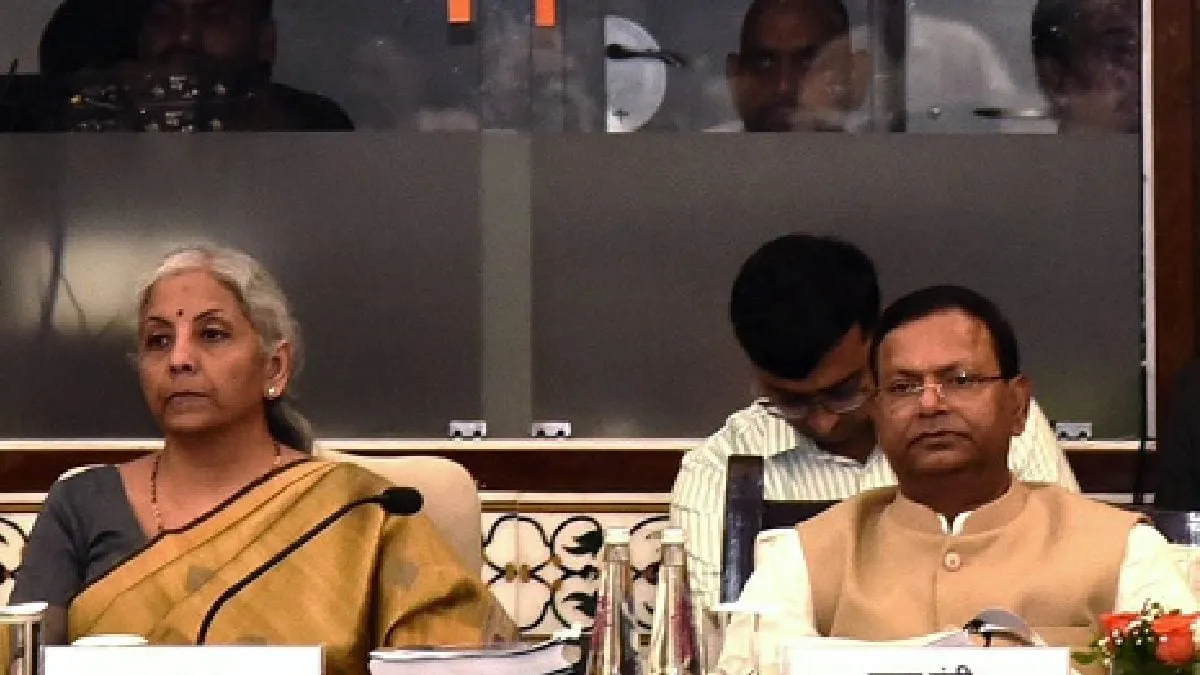54th GST Council Meeting: Key Outcomes Affecting Healthcare and Taxation

Significant Tax Reforms Announced
The 54th GST Council meeting today revealed substantial tax reforms aimed at bolstering economic growth and enhancing public welfare. One of the most crucial announcements was the proposed reduction of GST rates on essential cancer drugs such as Trastuzumab Deruxtecan, which will decrease from 12% to 5%. Furthermore, a reduction in the GST rate on health and life insurance premiums was also discussed, indicating a significant shift towards more affordable healthcare.
Establishment of New Groups of Ministers
The council has decided to form two new Groups of Ministers (GoM): one focusing on medical and health insurance and the other addressing the compensation cess related to luxury and sin goods. These formations reflect the government's responsiveness to emerging challenges in the insurance sector and healthcare.
Tax Implications for Other Goods
- Increased GST on Car Seats: The tax rate on car seats for motor vehicles will increase from 18% to 28%, aligning it with existing rates for motorcycle seats.
- Transport Tax Rates: A new 5% GST will apply to passenger transport by helicopter on a seat share basis.
- Helicopter Charter Rates: The chartering of helicopters will incur an 18% GST.
Expert Insights on Reforms
Industry leaders shared their perspectives on the 54th GST Council meeting outcomes. Experts believe that the proposed amendments showcase a progressive outlook toward taxation, as they aim to balance economic facilitation with necessary revenue generation.
These reforms signify a pivotal moment for India's indirect tax landscape, combining efforts to modernize tax compliance practices while ensuring essential goods remain financially accessible.
Disclaimer: The information provided on this site is for informational purposes only and is not intended as medical advice. We are not responsible for any actions taken based on the content of this site. Always consult a qualified healthcare provider for medical advice, diagnosis, and treatment. We source our news from reputable sources and provide links to the original articles. We do not endorse or assume responsibility for the accuracy of the information contained in external sources.
This article was prepared using information from open sources in accordance with the principles of Ethical Policy. The editorial team is not responsible for absolute accuracy, as it relies on data from the sources referenced.